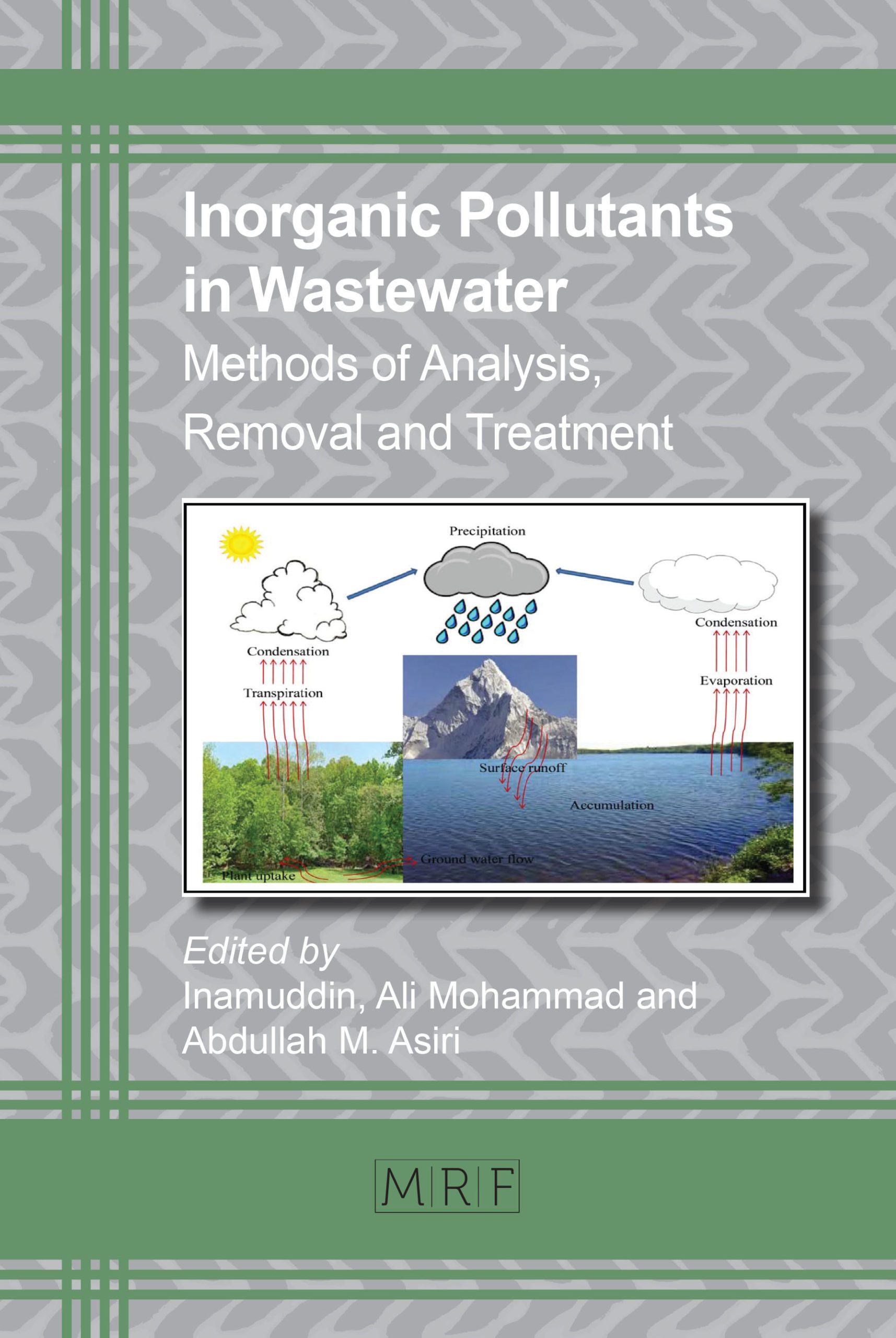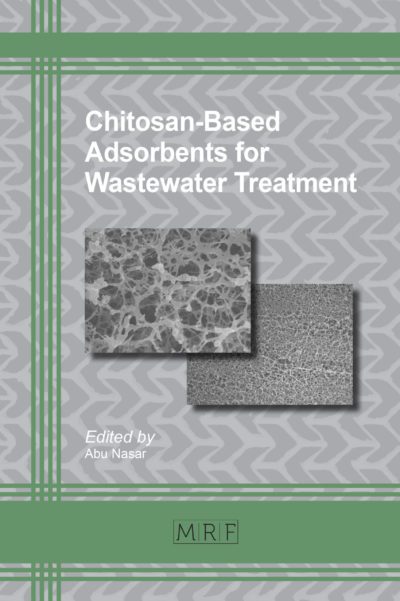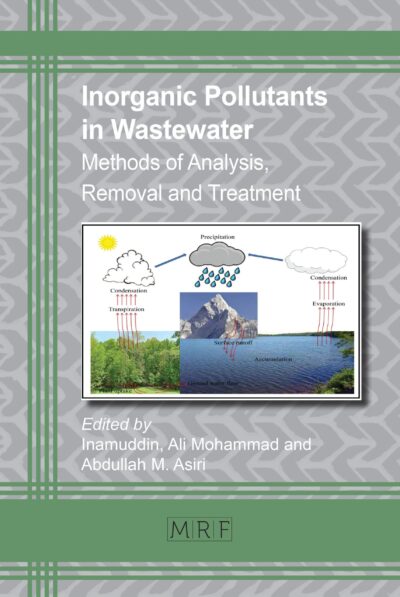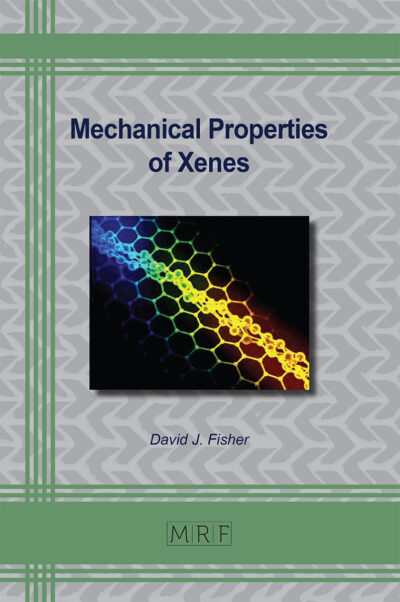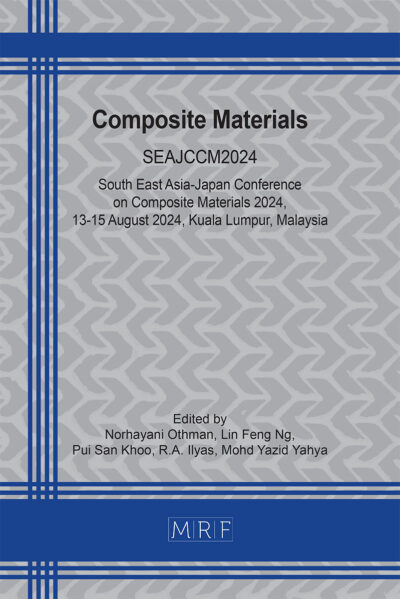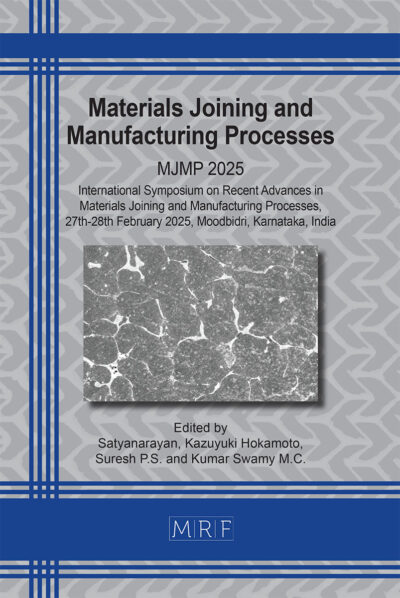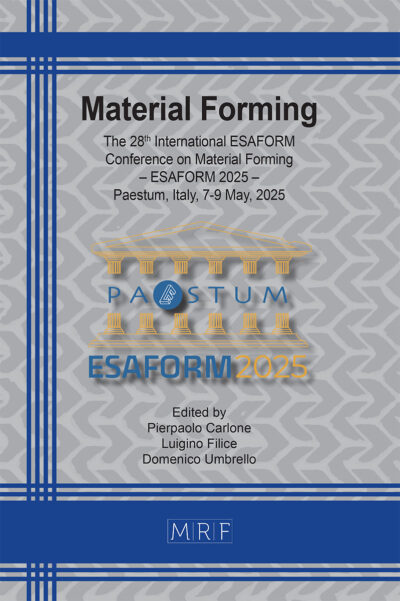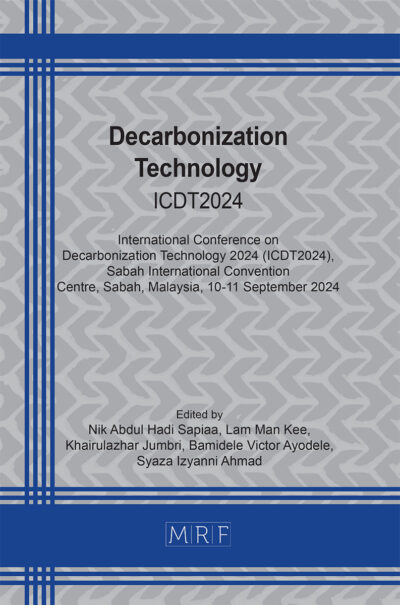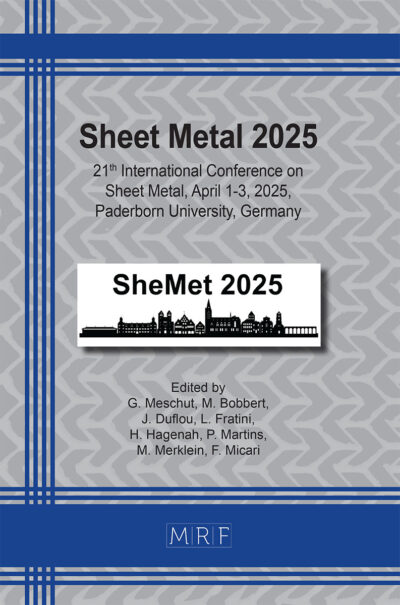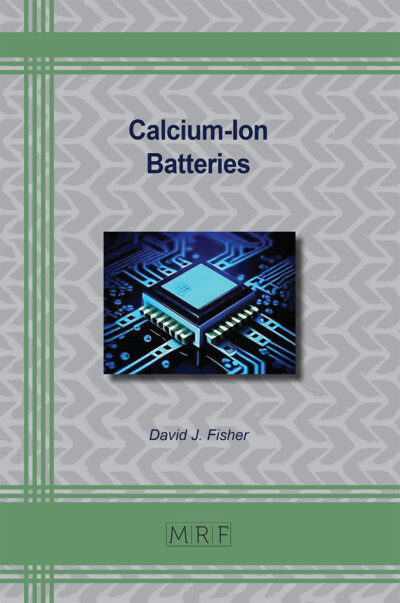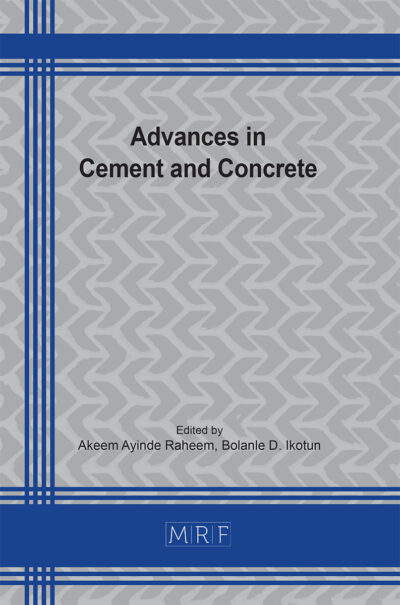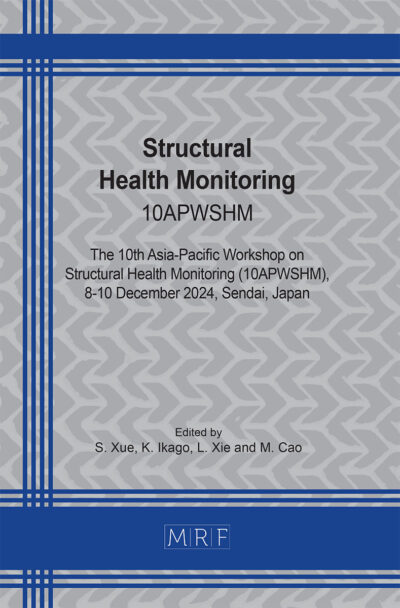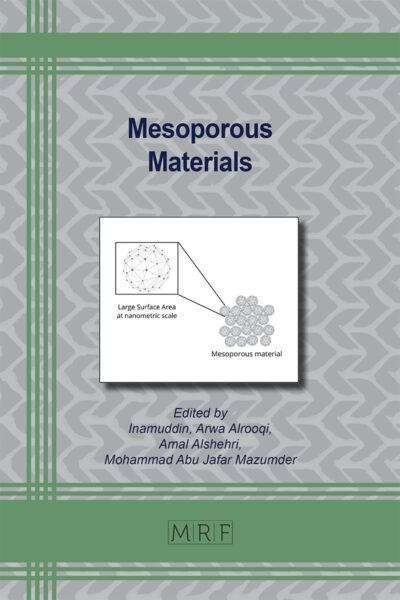Inorganic Pollutants in Wastewater
Methods of Analysis, Removal and Treatment
Eds. Inamuddin, Ali Mohammad and Abdullah M. Asiri
Materials Research Foundations Volume 16
Publication Date 2017, 458 Pages
Print ISBN 978-1-945291-34-0 (release date October 1st 2017)
ePDF ISBN 978-1-945291-35-7
DOI: 10.21741/9781945291357
This book, ‘Inorganic Pollutants in Wastewater: Methods of Analysis, Removal and Treatment’ extensively investigates the most recent improvements in the area of inorganic pollutants analysis, removal and treatment of wastewater by utilizing different materials such as natural polymers, husks, graphene and carbon nanotube composites, fruit cortex etc. It covers photocatalysis, adsorption, desalination and electrochemical technologies used for the analysis and treatment of inorganic pollutants.
Keywords
Waste Water Treatment, Inorganic Pollutants, Natural Polymers, Husks, Graphene and Carbon Nanotube Composites, Fruit Cortex, Photocatalysis, Adsorption, Desalination, Electrochemical Technologies
Table of Contents
Preface
Chapter 1 Photocatalysis: Present, past and future 1
Chapter 2 Natural polymers for the removal of heavy metals 64
Chapter 3 Ion selective membrane electrodes as sensors for detection of heavy metal ions 86
Chapter 4 A study on the potential applications of rice husk derivatives as useful adsorptive material 149
Chapter 5 Natural husks as potential adsorbents for uptake of heavy metals 187
Chapter 6 Removal of heavy metals using graphene composites 210
Chapter 7 Magnetic mollusk shell-Fe3O4 composite powder used as seeding adsorbent to purify Zn(II) and Pb(II) contaminated wastewater 247
Chapter 8 Waste fruit cortexes for the removal of heavy metals from wastewater 275
Chapter 9 Advances in desalination for water and wastewater treatment 294
Chapter 10 Advanced membrane materials for desalination: carbon nanotube and graphene 322
Chapter 11 A review of the progress of desalination technologies: application to wastewater treatment 343
Chapter 12 Photo-Fenton oxidation technology for the treatment of wastewater 370
Chapter 13 Electrochemical technologies for produced water treatment 420
Keywords 445
About the editors 457

